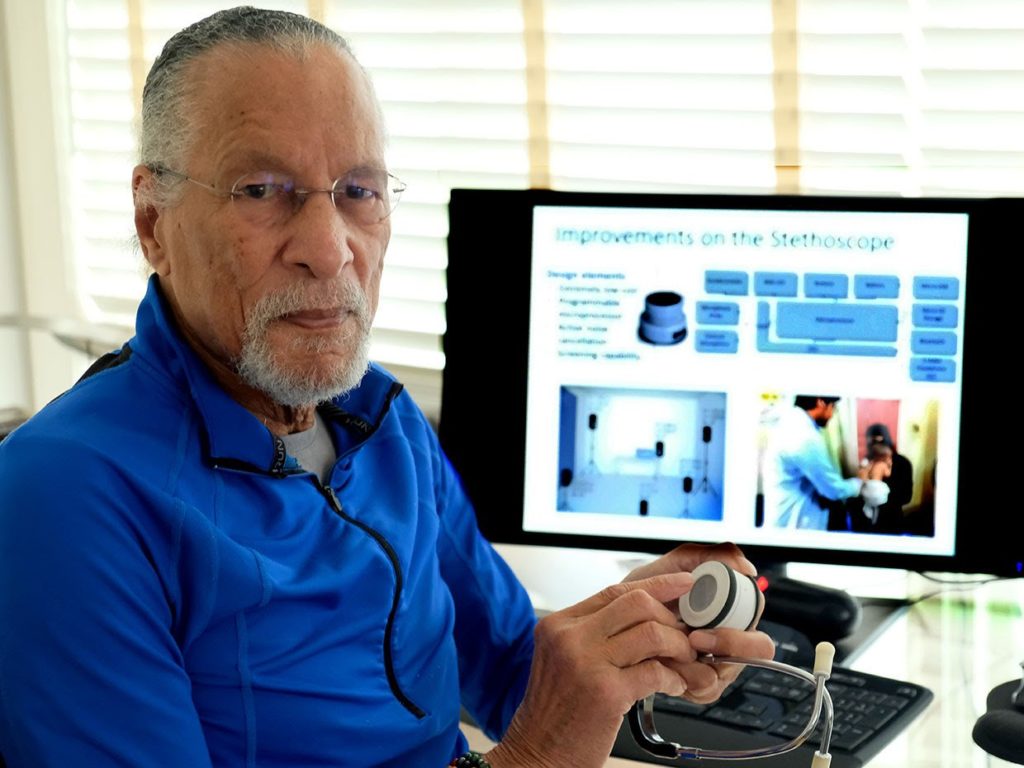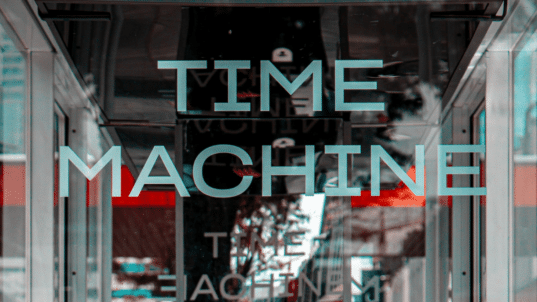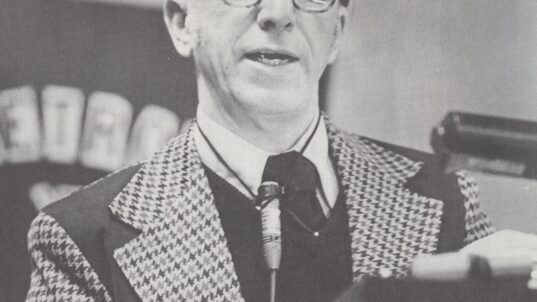
Dr. James Edward Maceo West, CC BY-SA 4.0
Born in 1931, James West grew up in Jim Crow Virginia. As a child he would take apart appliances to see how they worked, a typical activity for many future engineers. His special interest in electronics was sparked, pardon the pun, when he received an electrical shock while trying to plug in a discarded radio he hoped to repair.
West’s mother, Matilda Omega Miller West, was an accomplished mathematician. She is one of women featured in the book Hidden Figures, which tells the story of the unheralded Black women who worked as “computers,” performing the calculations underlying the US space program during the space race. Nonetheless, West’s parents pushed him to pursue a medical education rather than engineering, since they felt he would face fewer racial barriers to successful employment as a doctor.
After starting a pre-med program, West was drafted and served in the Korean War, where he was awarded the Purple Heart. On his return, he switched to studying physics at Temple University, apparently costing him his parental support. When he graduated, he went to work for Bell Labs.
While at Bell Labs, James West and Gerhard Sessler invented the “electret” microphone. This was a major advancement over existing microphone designs. Nowadays, nearly 90 percent of the roughly two billion microphones produced each year are based on the West-Sessler invention.
West has continued his career of invention and currently holds over 250 patents. After retiring from Bell Labs at age 70, he became a research professor at Johns Hopkins University. He continues to invent, working most recently on a device to detect neonatal pneumonia.
In addition to his invention interests, West has been a strong advocate for diversity in STEM disciplines. One of these efforts is a fellowship program for students of color which has supported over 500 students.
In recognition of his accomplishments, West was inducted into the National Inventors Hall of Fame and was awarded the National Medal of Technology and Innovation.
The success of James West’s career stands out even more sharply in light of his parents’ attempts to dissuade him from pursuing a STEM career. His mother’s experience at NASA raised concerns about the prevalence of racism in STEM professions. His successes may serve as a refutation of the lack of acceptance of people of color in STEM. But his work to support diversity in STEM shows the need to keep up these efforts. Unfortunately, perceptions of demographic suitability for certain professions still hold sway in many sectors.
Just imagine how many people have been discouraged from pursuing a valuable career because of race-based (or other similar) misconceptions in their hoped-for career field. How might we better deal with those misconceptions? And how do we encourage people to pursue their passion, even when they face headwinds of discrimination? Our society needs to have everyone making the most use of their talents. What if we made that possible?
* * *
“My father introduced me to three black men who had earned doctorates in chemistry and physics. The best jobs they could find were at the post office. My father said I was taking the long road toward working at the post office.”—James West, American inventor
This is part of our “Just Imagine” series of occasional posts, inviting you to join us in imagining positive possibilities for a citizen-centered democracy.



